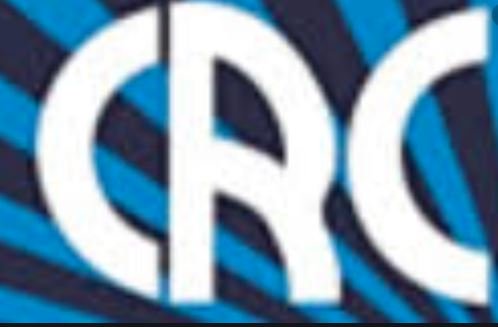FEW consumers and small business enterprises access loans from banks, Managing Director, CRC Credit Bureau Limited, Tunde Popoola has said.
Speaking during a meeting with reporters in Lagos, he decried the low level of credit penetration in the country.
According to him, the low access to credit is demonstrated in various ways, apart from credit penetration and coverage.
He explained that the availability and ease of access to credit is represented by the level of credit penetration, and this is measured by the ratio of total credit to the private sector to the Gross Domestic Product (GDP).
This, according to Popoola, is low and underscores the challenge of access to credit.
Specifically, he observed that as at 2018, credit penetration was a mere 11 per cent in Nigeria, compared with 28 per cent in Kenya, 85 per cent in Morocco, 62 per cent in Brazil and 120 per cent in Malaysia.
“Interestingly, credit bureau penetration follows the same pattern. Credit bureau penetration indicates the number of adults’ population covered by credit bureau. It is a measure of the number of consumers and businesses enjoying credit in an economy,” he explained.
Nigeria’s credit bureau penetration last year was 14 per cent, compared with 30 per cent in Kenya, 25 per cent in Morocco, 79 per cent in Brazil and 83 per cent in Malaysia.
The CRC credit bureau chief further noted that credit bureau penetration would certainly be low where credit to the private sector is low and this is just an “expression of the fact that only few consumers and businesses have access to formal sources of credit in Nigeria”.
According to him, Nigeria has been characterised by significant disproportionate allocation of credit to various sectors, such that they contribute the most to Gross Domestic Product (GDP) are denied credit while credit goes to the sectors with relatively little contribution to the GDP.
For example he observed, while agriculture contributed over 21 per cent to GDP in 2018, the share of bank credit to agriculture was the lowest at 3.8 per cent.
On the other hand, while oil and gas received 23 per cent of bank credit, its contribution to share of GDP was less than 10 per cent.
He also frowned at the cost of borrowing, describing it as very steep in Nigeria, adding that this serves as disincentive to borrowing to a lot of businesses especially the Small and Medium scale Enterprises (SMEs).
Popoola, who spoke on the theme: Stimulating economic growth through improved access to credit, cited the National Bureau of Statistics, which states that Nigeria could boast of over 37 million micro, small and medium enterprises (MSMEs), but barely 5.3 per cent of total domestic credit to the private sector goes to the sector.
